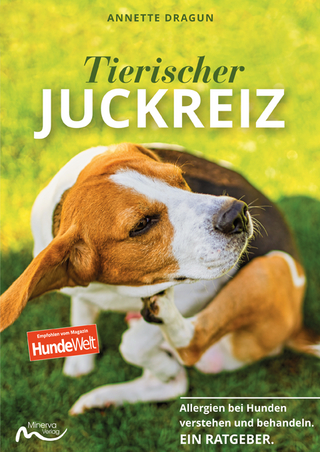
Reading Underwater Wreckage
An Encrusting Ocean
Seiten
2024
Bloomsbury Academic (Verlag)
978-1-350-29000-6 (ISBN)
Bloomsbury Academic (Verlag)
978-1-350-29000-6 (ISBN)
Presenting a novel and needed theoretical model for interpreting shipwrecks and other drowned fragments—the histories they tell, and the futures they presage—as junctures of artefact and ecofact, human remains and emergent ecologies, this book puts the environmental humanities, and particularly multispecies studies, in close conversation with literary studies, history, and aesthetic theory.
Earth’s oceans hold the remains of as many as three million shipwrecks, some thousands of years old. Instead of approaching shipwrecks as either artefacts or “ecofacts,” this book presents a third frame for understanding, one inspired by the material dynamism of sea-floor stuff. As they become encrusted by oceanic matter—some of it living, some inanimate—anthropic fragments participate in a distinctively submarine form of material relation. That relation comprises a wide, and sometimes incalculable, array of things, lives, times, and stories.
Drawing from several centuries of literary, philosophical, and scientific encounters with encrustations—as well as from some of the innumerable encrusted “art-forms” that inhabit the sea floor— this book serves anyone in search of better ways to perceive, describe, and imagine submarine matters.
Earth’s oceans hold the remains of as many as three million shipwrecks, some thousands of years old. Instead of approaching shipwrecks as either artefacts or “ecofacts,” this book presents a third frame for understanding, one inspired by the material dynamism of sea-floor stuff. As they become encrusted by oceanic matter—some of it living, some inanimate—anthropic fragments participate in a distinctively submarine form of material relation. That relation comprises a wide, and sometimes incalculable, array of things, lives, times, and stories.
Drawing from several centuries of literary, philosophical, and scientific encounters with encrustations—as well as from some of the innumerable encrusted “art-forms” that inhabit the sea floor— this book serves anyone in search of better ways to perceive, describe, and imagine submarine matters.
Killian Quigley is research fellow at ACU's Institute for Humanities and Social Sciences, Melbourne, Australia and honorary fellow at the Sydney Environment Institute, University of Sydney, Australia, He is co-editor, with Margaret Cohen
Figures
Acknowledgements
Preface: Submersions, Wrecks, and Stirrings
Introduction
I. Lively Debris: Ontologies of an Encrusting Ocean
II. First Habit: Fouling
III. Second Habit: Concrescing
IV. Third Habit: Artmaking
Bibliography
Index
| Erscheinungsdatum | 10.01.2023 |
|---|---|
| Reihe/Serie | Environmental Cultures |
| Zusatzinfo | 22 bw illus |
| Verlagsort | London |
| Sprache | englisch |
| Maße | 156 x 234 mm |
| Themenwelt | Kunst / Musik / Theater ► Kunstgeschichte / Kunststile |
| Sachbuch/Ratgeber ► Natur / Technik ► Natur / Ökologie | |
| Geisteswissenschaften ► Sprach- / Literaturwissenschaft ► Anglistik / Amerikanistik | |
| Geisteswissenschaften ► Sprach- / Literaturwissenschaft ► Literaturwissenschaft | |
| ISBN-10 | 1-350-29000-9 / 1350290009 |
| ISBN-13 | 978-1-350-29000-6 / 9781350290006 |
| Zustand | Neuware |
| Informationen gemäß Produktsicherheitsverordnung (GPSR) | |
| Haben Sie eine Frage zum Produkt? |
Mehr entdecken
aus dem Bereich
aus dem Bereich
Familien und Gattungen einheimischer Pflanzen
Buch | Hardcover (2022)
Haupt Verlag
CHF 67,95
Allergien bei Hunden verstehen und behandeln
Buch | Softcover (2023)
Minerva Verlag
CHF 23,65


